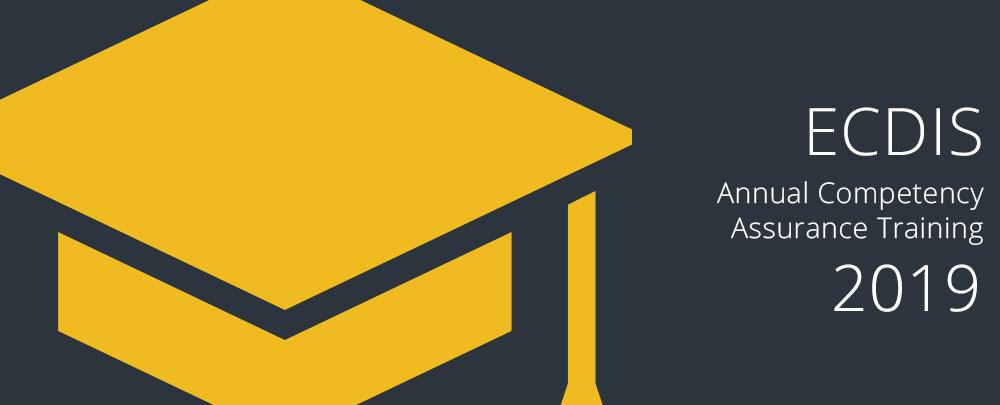Open to access this content
Open to access this content
Open to access this content
Open to access this content
Open to access this content
Open to access this content
Open to access this content
Open to access this content
Open to access this content

